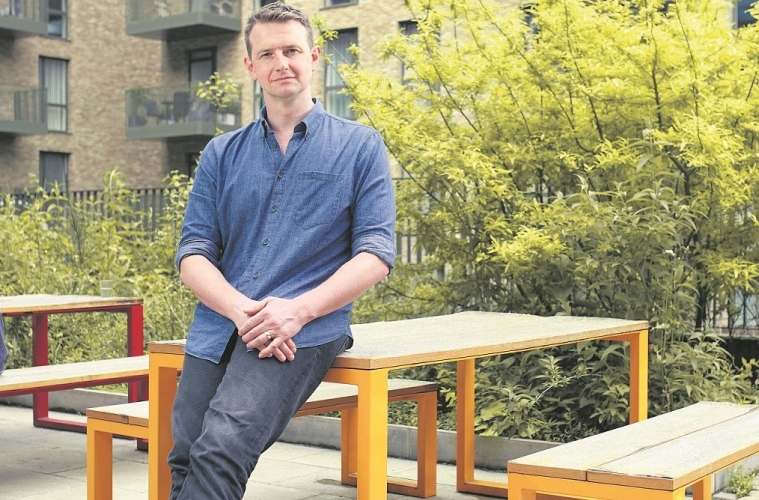Distributors are crucial to export success – the trick is to find a perfect fit, says David Prosser, Business writer at The Times.
So you’ve worked hard to build your business and now you’re ready to take the next step: exporting your product. Where do you start? Well, first you need help with practicalities. Once you have identified a target market, you need to find a distribution partner or agent that will buy your goods and resell them, either directly or to retailers.
A good distributor will help you to maximise sales and navigate the local ins and outs – from dealing with customs to meeting labelling rules.
So far, so good. But how do you find the right fit? The government’s Department for International Trade can put you in touch with firms in almost any market, but the choice is, frankly, overwhelming – from large global agents to specialists in particular markets or product categories. “It’s crucial to find the right fit, because these relationships are going to be very important to future success,” says Simon Duffy, the founder of Bulldog Skincare for Men, which has built up sales in 25 markets since launching 11 years ago.
Duffy’s advice is to avoid the large global players and find a specialist agent with similar-sized ventures to your own. “I prefer smaller to bigger,” he says. “It needs to be big enough to have financial resources and infrastructure, but not so big that your brand gets lost in a catalogue of thousands of other brands.”
There are, of course, some advantages to dealing with a large player. It will have global reach and a balance sheet you can rely on; if you’re selling on credit, that can be reassuring. The counter-argument is that, initially at least, your sales may
not be big enough to capture its attention: it may not put in the effort.
At the baby food producer, Kiddylicious, which sells in 27 countries, founder Sally Preston suggests shortlisting distributors and talking to their other clients to get a feel for what they offer. “Look for an agent who knows your niche and will be as passionate as you are,” she says.
That’s a sentiment echoed by Will Butler-Adams, managing director of the bicycle-maker Brompton, who says relationships are everything. “Follow your gut feeling,” says Butler-Adams, who has spent decades marketing the company’s folding bikes, and now sells in 45 markets. “We chose partners with whom we just clicked – all our deals in the early years were done on a handshake.”
Jeremy Thompson-Cook, chief economist, WorldFirst, the international payments experts
“Using an agent or local distributor can be one of the fastest ways to get your product into the hands of customers in a new country. They will know the market better, can get your product in front of the right audience and promote your brand in a market you may not be that familiar with.
It’s important to take time and find the right distributor, though. You need to decide how you want to approach the market and what fits your product or service. Is it a niche product that requires a specialist distributor who knows the industry or are you aiming more mass market?
Like Bulldog, you could find that smaller distributors will give you more attention, whereas if you’re trying to find as many customers as possible, an agent with wider reach may be a more attractive option.
When you find the right partner, make sure you agree terms as early as possible, particularly when it comes to finances, so that you know it is stable and everyone knows how and when they get paid. You will need a local currency account to get started and that’s where we can help. The World Account is the fast, free way to open local currency accounts anywhere in the world so you can pay and get paid like a local.”
To find out how WorldFirst can help you compete like a local business, globally, visit worldfirst.com/times


